Comprehensive Guide to Well and Drinking Water Testing Costs
Understanding the costs associated with water testing is essential for ensuring safe and clean drinking water. Factors influencing testing costs include water source type, testing complexity, and the range of contaminants analyzed. This guide provides detailed insights into pricing, factors affecting costs, and additional testing services.
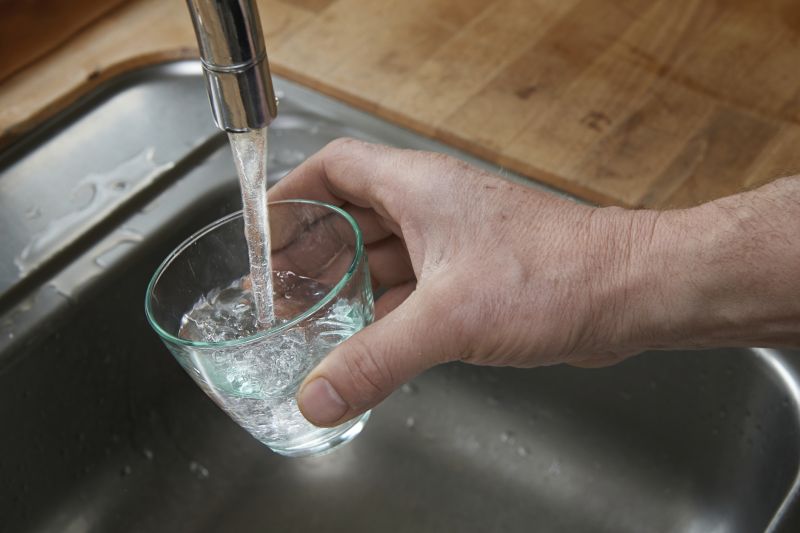
Testing costs vary between well water, municipal water, and bottled water, with well water often requiring more extensive analysis due to its variability.
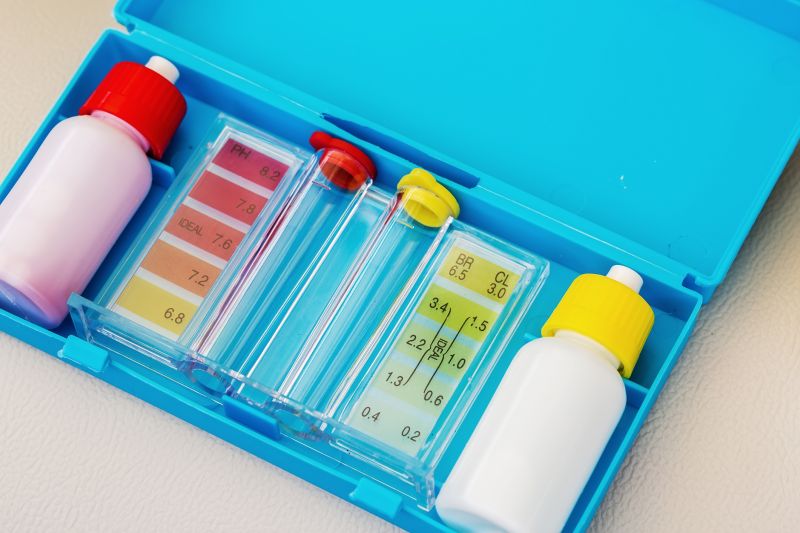
The number of contaminants tested, such as bacteria, heavy metals, and chemicals, directly impacts the overall cost of testing.
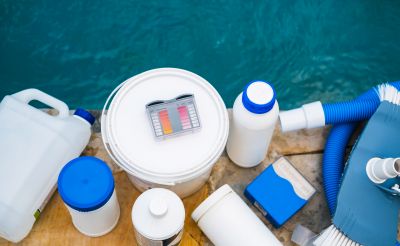
Regular testing schedules versus one-time tests influence pricing, with ongoing testing often offering discounts.
| Factor | Impact on Cost |
|---|---|
| Type of Water Source | Well water tests are generally more expensive than municipal water tests due to variability and additional analyses. |
| Number of Contaminants Tested | More comprehensive testing for multiple contaminants increases costs. |
| Testing Frequency | Regular testing may reduce per-test costs but adds to overall expenses. |
| Laboratory Accreditation | Certified labs with advanced equipment charge higher fees. |
| Sample Collection Method | On-site collection may incur additional fees compared to mail-in kits. |
The cost of well and drinking water testing can range from $50 to over $500 depending on the scope and complexity of the analysis. Basic tests for common contaminants like bacteria and nitrates typically start around $50 to $150. More comprehensive panels that include heavy metals, pesticides, and organic chemicals can escalate the price, especially if multiple samples are required for seasonal or routine monitoring. The choice of laboratory also influences costs; accredited laboratories with specialized equipment tend to charge higher fees but offer more reliable results. Regular testing schedules, such as quarterly or annual checks, may offer discounts or package deals that reduce individual test costs. It is crucial for homeowners and businesses to balance thoroughness with budget considerations to ensure water safety without overspending.
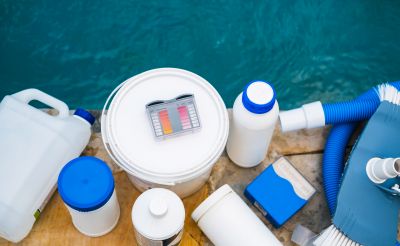
Costs for specialized equipment used in inspecting well integrity and functionality can add to overall testing expenses.
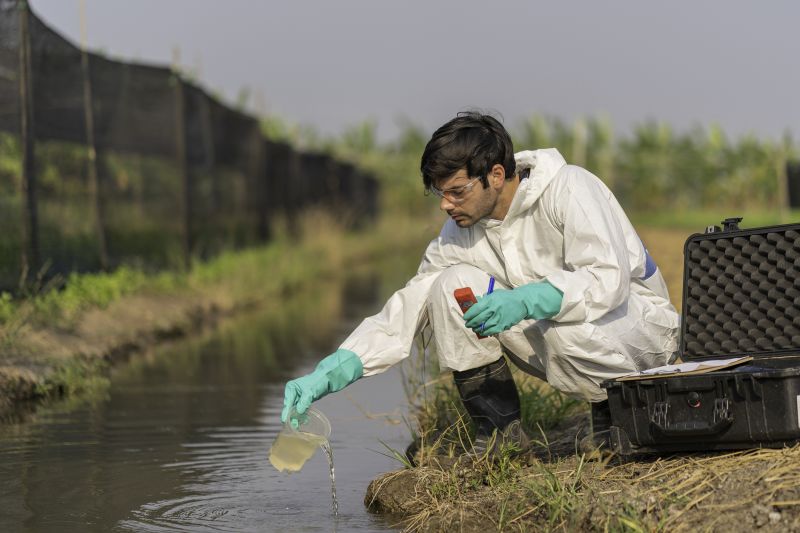
Testing for metals like lead and arsenic involves advanced techniques, influencing pricing.
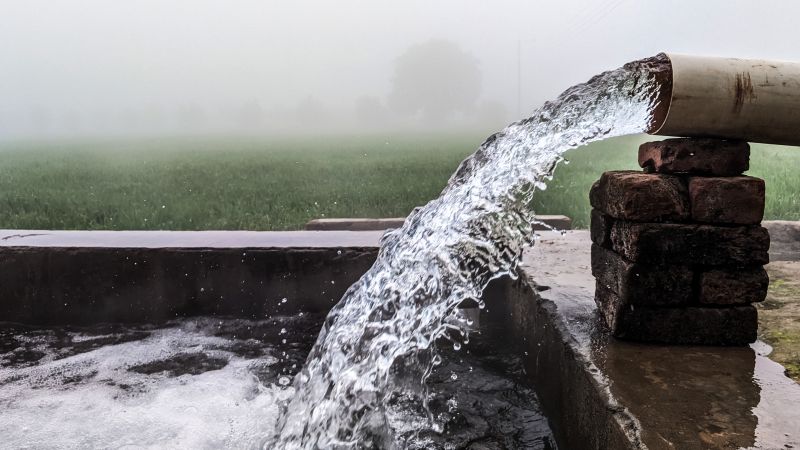
Analyzing chemical pollutants such as pesticides or volatile organic compounds can significantly impact total costs.
| Service | Average Price (USD) |
|---|---|
| Basic Bacteria Test | $50 - $100 |
| Comprehensive Contaminant Panel | $200 - $400 |
| Heavy Metal Testing | $150 - $300 |
| Pesticide Screening | $180 - $350 |
| Organic Chemical Analysis | $200 - $500 |
| Routine Well Inspection | $100 - $200 |
| Water Sample Collection Kit | $30 - $80 |
| Annual Water Testing Package | $300 - $700 |
| On-site Water Testing Service | $250 - $600 |
| Laboratory Certification and Accreditation Fee | $100 - $250 |
